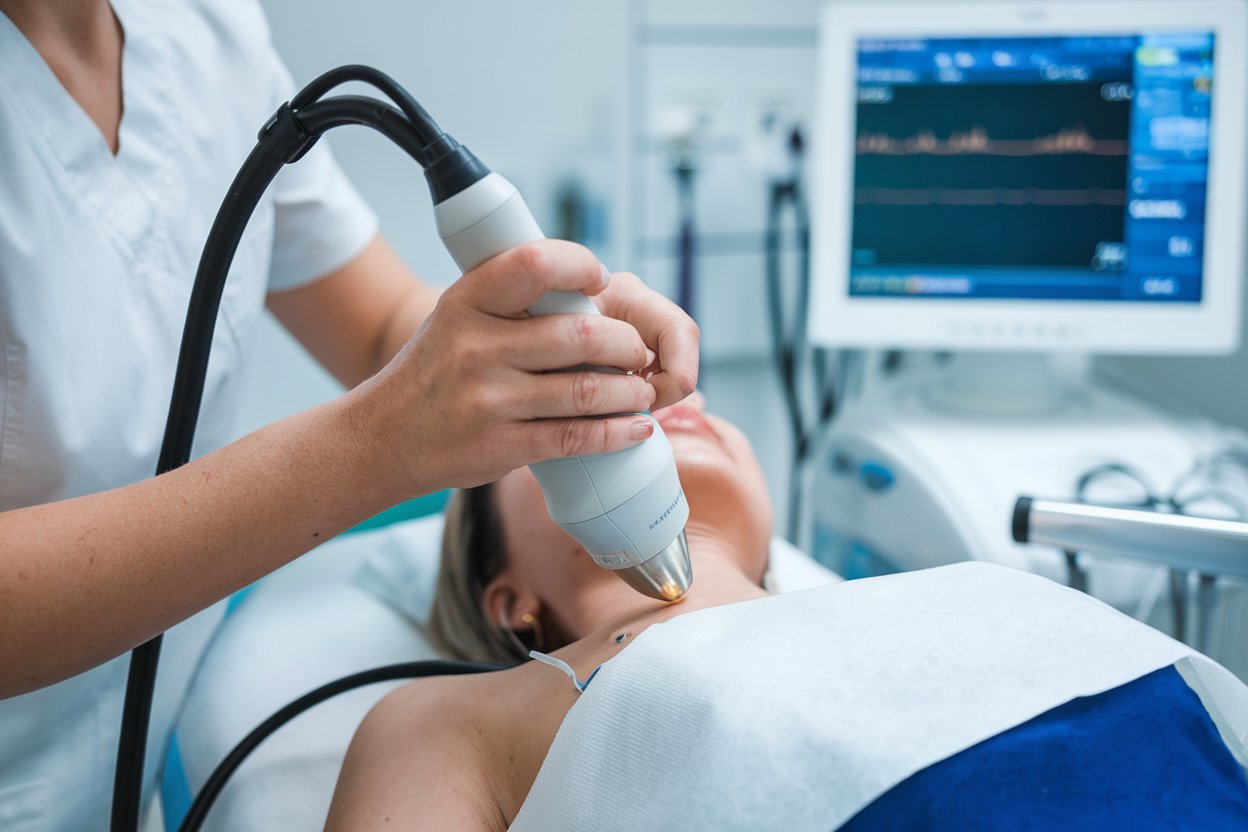Goldfish, the vibrant and fascinating inhabitants of aquariums and backyards have always captivated our hearts with their elegant movements and adorable dispositions. One of the most important things in keeping these aquatic friends is making sure they are given a balanced diet full of nutrients. It is vital for them to know what goldfish eat so that they can stay healthy as well as grow and live long lives.
Understanding the dietary needs of goldfish
Goldfish are omnivores meaning that they consume both plants and animal material. They have some special dietary needs, which should be rich in all types of proteins, carbohydrates, vitamins and minerals for their bodies’ development.
The natural diet of goldfish in the wild
In their natural habitats, such as ponds and slow-moving streams, goldfish forage for a variety of foods. Their diet typically includes:
- Aquatic plants as well as algae
- Small crustaceans together with insect larvae
- Zooplankton along with other microscopic organisms
This diverse diet provides them with the necessary nutrients to thrive in their environment.
What do goldfish eat in captivity?
In as much as captive goldfish cannot get access to the wide range of natural food items equivalent to those eaten by their counterparts living in the wild, efforts should be made to imitate them closely. Here are some examples:
Types of food for goldfish – flakes, pellets, and live food
- Flakes and Pellets: These flake foods or pellets are commonly fed to goldfish. Get some high-quality formulas specifically designed for feeding them as a pet; this should contain a good balance comprising protein sources, carbohydrates plus vitamins among others.
- Live Foods: Your fish’s diet will also become richer when you include live or frozen ones such as brine shrimp or daphnia into it thus adding more nutritional value. In fact it helps them breed better apart from providing a better coloration.
- Vegetables: They can be an excellent source of dietary fiber and essential vitamins for your goldfish if you blanche or freeze vegetables such as peas, spinach and zucchini.
Feeding schedule for goldfish
Establishing a consistent feeding schedule is crucial for your goldfish’s health. Here are some general guidelines:
- Feed the fish once or twice a day with enough to be completed within a few minutes.
- Overfeeding must not occur since this leads to water contamination and other health problems
- To have balanced nutrients in their bodies, different kinds of food should be changed regularly to avoid monotony.
Tips for maintaining a healthy diet for goldfish
- Observe the fish during feeding time: So that they remain active consumers after every meal check out when your attentive friends eat. If the quantity you gave them does not seem enough or they don’t like it, consider adjusting the amount or kind of foodstuff offered next time.
- Supplement with Vitamins: They may require additional vitamins and minerals, especially at times of stress or disease hence adding supplements to their diet.
- Offer variety: To prevent missing out on any important nutrient required by a pet, keep on changing foods provided.
The importance of a balanced diet for goldfish
A well-balanced diet is crucial for the overall health and well-being of your goldfish. It supports:
- Right growth and development
- Strong immunity system
- Bright coloring
- Good digestive system functioning
- Reproductive success
By providing a varied and nutritious diet, you can ensure your goldfish thrive and live a long, happy life.
The role of water quality in goldfish nutrition
Goldfish nutrition is highly determined by water. Poor water conditions such as ammonia or nitrite in high concentration can make your goldfish lose appetite and fail to absorb nutrients properly. One must change the water frequently and employ appropriate filtration techniques to provide a healthy environment where goldfish can thrive.
Common mistakes to avoid when feeding goldfish
- Giving Too Much Food: This can lead to quick pollution of the aquarium with dangerous effects like problems in digestion and deterioration of water quality.
- Feeding Inappropriate Foods: Some foods like bread or crackers do not have the required nutrients, hence they may cause digestive issues or bloating in goldfish.
- Not Having a Regular Feeding Time: Unpredictable patterns of feeding can disrupt goldfish’s metabolism leading to poor health.
Goldfish tank setup for optimal feeding
To ensure your goldfish can feed properly and thrive, consider the following aspects of the Goldfish tank setup:
- Adequate Swim Space: It is important that there is enough room for Goldfish to swim around freely and have access to food easily.
- Tank Size That Is Ideal For The Fish: Overcrowding leads to more waste production which compromises water quality making it uncomfortable for a fish while feeding.
- Appropriate tank mates: Avoid keeping aggressive or fast moving fish with them that might compete with them for food.
Conclusion
This guide has explained what do goldfish eat. To keep your goldfish healthy and happy, it is important that you feed them well balanced diets. You can ensure your favorite pet lives long if you understand what it eats, offer different high-quality meals, as well as maintain cleanliness in their living space.
In case you want high standard foodstuffs for your fish plus other aquarium necessities that will create an ideal aquatic arena, then visit us online today! We have many products tailored specifically towards meeting all the needs associated with caring for your goldfish. Check out our inventory right now, and give your goldfish the care they deserve!
Sign up for our Daily newsletter
We'll be in your inbox every morning Monday-Saturday with all the day’s top business news, inspiring stories, best advice and reporting from Entrepreneur,


